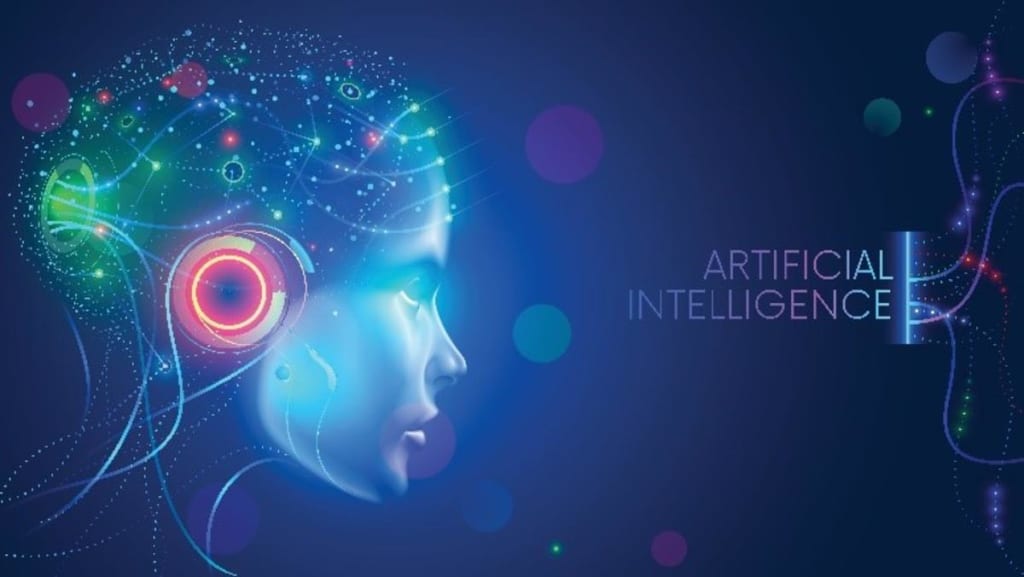Artificial Intelligence (AI)
The Promising Future of Artificial Intelligence: Advancements and Potential Applications

Artificial Intelligence (AI) is a rapidly growing field that has made significant advancements in recent years, and its potential applications are limitless. AI technologies have been integrated into various sectors of society, including healthcare, finance, manufacturing, transportation, and many others. This article will explore some of the most significant advancements in AI and the potential applications of these technologies.
Machine learning
One of the most significant advancements in AI technology is machine learning, a subfield that involves training computers to learn from data without being explicitly programmed. Machine learning has revolutionized the way we process and analyze large amounts of data, making it possible to develop personalized treatment plans for patients in healthcare and provide more accurate predictions for financial markets.
Natural language processing (NLP)
Another critical advancement in AI is natural language processing (NLP), a technology that enables machines to understand and process human language. NLP has numerous applications, including virtual assistants, chatbots, and language translation services. These applications allow users to interact with machines using natural language, making it easier to perform tasks such as ordering food, making travel arrangements, or seeking information.
Computer vision
Computer vision is another significant advancement in AI, enabling machines to interpret and understand visual information from the world around them. Computer vision has been used in self-driving cars, facial recognition, and object recognition applications. In retail, computer vision tracks consumer behavior, identifies shoplifters, and improves inventory management.
Robotics
AI-powered robotics is also rapidly advancing, with robots performing tasks autonomously or semi-autonomously in various industries, including manufacturing, transportation, healthcare, etc. In healthcare, robots assist in surgeries, perform diagnostic tests, and deliver medication to patients. In the manufacturing industry, robots perform repetitive tasks such as assembly and packaging.
Autonomous Systems
Autonomous systems are machines that can operate independently without human intervention. These systems have been integrated into various applications, including self-driving cars, drones, and industrial automation. In the transportation industry, autonomous systems are used to improve road safety, reduce traffic congestion, and enhance the delivery of goods and services.
AI Ethics
However, with the potential benefits of AI come ethical concerns. One of AI's most significant ethical concerns is algorithm bias, which can lead to discriminatory outcomes in hiring, lending, and criminal justice areas. Privacy and security concerns also arise from the massive amounts of data collected by AI systems, which can be used to identify individuals and monitor their behavior. Transparency is also a concern since the decision-making process of AI systems can be opaque, making it difficult to understand how decisions are made. Despite these ethical concerns, the future of AI is promising, and its potential applications are vast. The integration of AI technology in various sectors of society has already significantly impacted, and its influence will only increase. As we move forward, it is essential to develop ethical frameworks to guide the development and deployment of AI technologies to ensure they are used responsibly and beneficially.
The Impact of AI on Customer Service, Finance, and Agriculture
The potential applications of AI are limitless, and its impact on various industries is becoming more evident with time. AI-powered chatbots and virtual assistants are making customer service more efficient and personalized. AI analyzes customer data in the finance industry and provides more accurate and personalized investment advice. In the agriculture industry, AI optimizes crop yields and reduces waste.
In conclusion, the advancements in AI technology are rapidly evolving, and the potential applications of these technologies are vast. Machine learning, natural language processing, computer vision, and AI-powered robotics are some of the most significant advancements in AI technology. While ethical concerns are associated with AI, its future is promising, and its integration in various sectors of society has already made a significant impact. It is essential to continue developing ethical frameworks to guide the development and deployment of AI technologies to ensure they are used responsibly and beneficially.
About the Creator
Kanesarajah Panuyan
I'm Panuyan, a university student pursuing a degree in Aquatic resources technology. I'm passionate about technology and its potential to improve people's lives.
Enjoyed the story? Support the Creator.
Subscribe for free to receive all their stories in your feed. You could also pledge your support or give them a one-off tip, letting them know you appreciate their work.






Comments
There are no comments for this story
Be the first to respond and start the conversation.